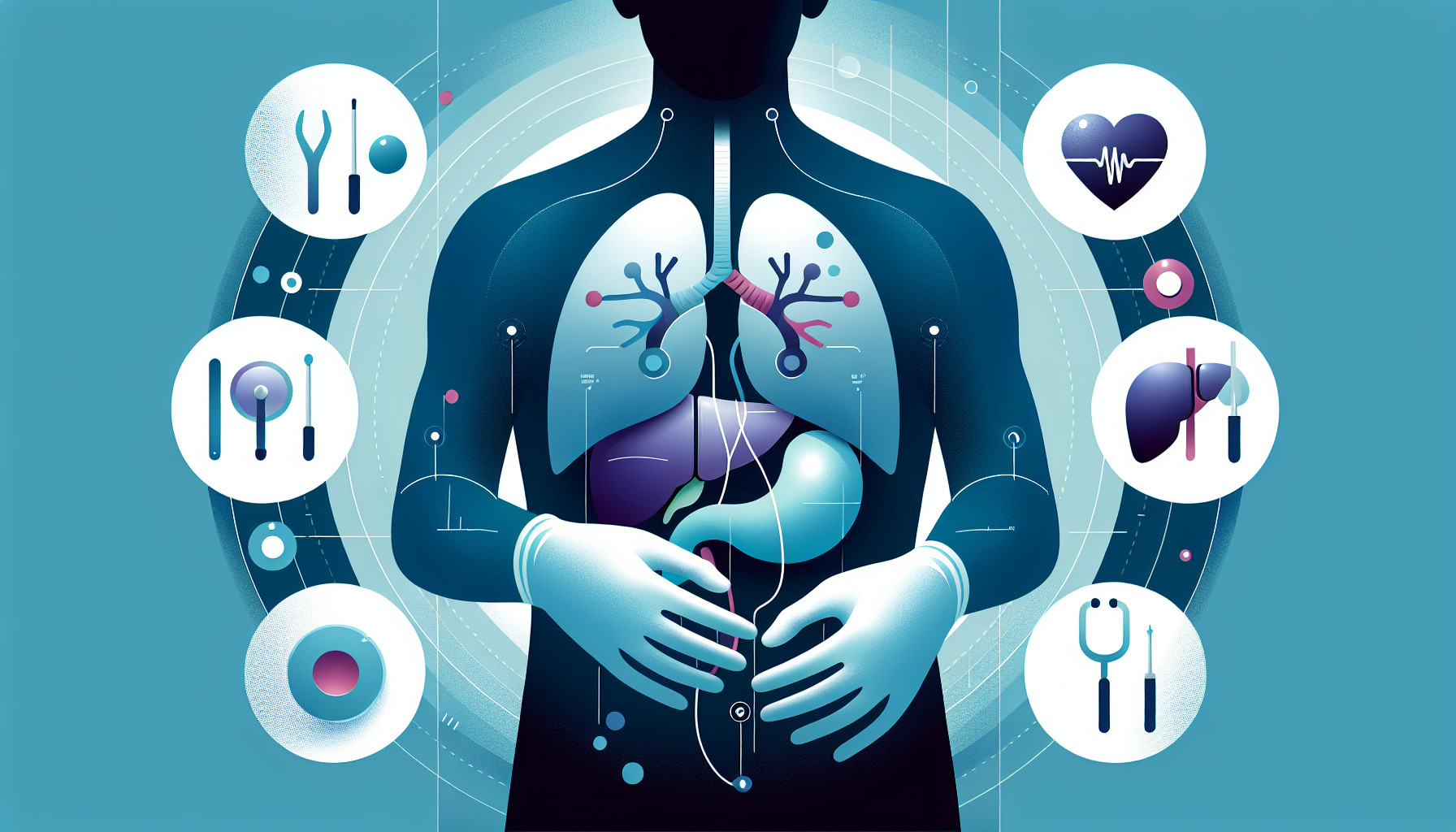Our Summary
This study looks at the impact of the National Organ and Tissue Transplant Organization (NOTTO) on organ donation and transplantation in India. The analysis of data from 2013 to 2018 shows that the creation of NOTTO led to significant increases in organ donations and transplants. Before NOTTO was established in 2014, there were 340 deceased organ donors in 2013. This number more than doubled to 875 by 2018. Similarly, the total number of organ transplants increased from 4,990 in 2013 to 10,340 in 2018. The study suggests that the establishment of NOTTO, along with a national registry for donors and recipients, has improved the transparency and efficiency of organ donation and transplantation in India.
FAQs
- What impact did the establishment of the National Organ and Tissue Transplant Organization (NOTTO) have on organ donations and transplants in India?
- How has the creation of the NOTTO and a national registry improved the process of organ donation and transplantation in India?
- What increase in organ donations and transplants was observed after the establishment of NOTTO?
Doctor’s Tip
A doctor might tell a patient undergoing an organ transplant to follow all post-operative care instructions carefully, including taking prescribed medications, attending follow-up appointments, and maintaining a healthy lifestyle to ensure the success of the transplant. It is also important for patients to communicate any changes in their health or symptoms to their healthcare team promptly.
Suitable For
Patients who are typically recommended for organ transplant are those who have end-stage organ failure, such as kidney, liver, heart, lung, or pancreas failure. These patients must meet certain criteria, such as being in good overall health aside from the failing organ, having a strong support system, and being willing to adhere to post-transplant care and medications. Additionally, patients must undergo a thorough evaluation process to determine their eligibility for transplant surgery.
Timeline
Before Organ Transplant:
- Patient is diagnosed with a serious medical condition that may require an organ transplant.
- Patient undergoes extensive medical evaluations to determine eligibility for a transplant.
- Patient is added to the national transplant waiting list and waits for a suitable donor organ to become available.
- Patient may experience deteriorating health and symptoms while waiting for a transplant.
- Patient receives the call that a donor organ is available and prepares for surgery.
After Organ Transplant:
- Patient undergoes the organ transplant surgery, which can take several hours.
- Patient is monitored closely in the intensive care unit immediately after surgery.
- Patient stays in the hospital for a period of time for recovery and monitoring.
- Patient may experience complications or rejection of the transplanted organ, requiring additional medical treatment.
- Patient begins a lifelong regimen of immunosuppressant medications to prevent rejection of the transplanted organ.
- Patient attends regular follow-up appointments with healthcare providers to monitor the success of the transplant and manage any complications.
- Patient may experience improvements in quality of life and overall health as a result of the successful organ transplant.
What to Ask Your Doctor
- How long will I have to wait for an organ transplant?
- What are the risks and potential complications of the transplant surgery?
- What is the success rate of organ transplants for my specific condition?
- What medications will I need to take after the transplant and what are the potential side effects?
- How will the transplant surgery and recovery process affect my daily life and activities?
- How often will I need to follow up with my transplant team after the surgery?
- What are the requirements for organ donation and how can I register as a donor?
- How will the costs of the transplant be covered, including medications and follow-up care?
- Are there any lifestyle changes I will need to make before or after the transplant?
- What support services are available for transplant recipients and their families?
Reference
Authors: Vasanthi R. Journal: Transplant Proc. 2020 Dec;52(10):2930-2933. doi: 10.1016/j.transproceed.2020.04.1824. Epub 2020 Jun 27. PMID: 32605769
